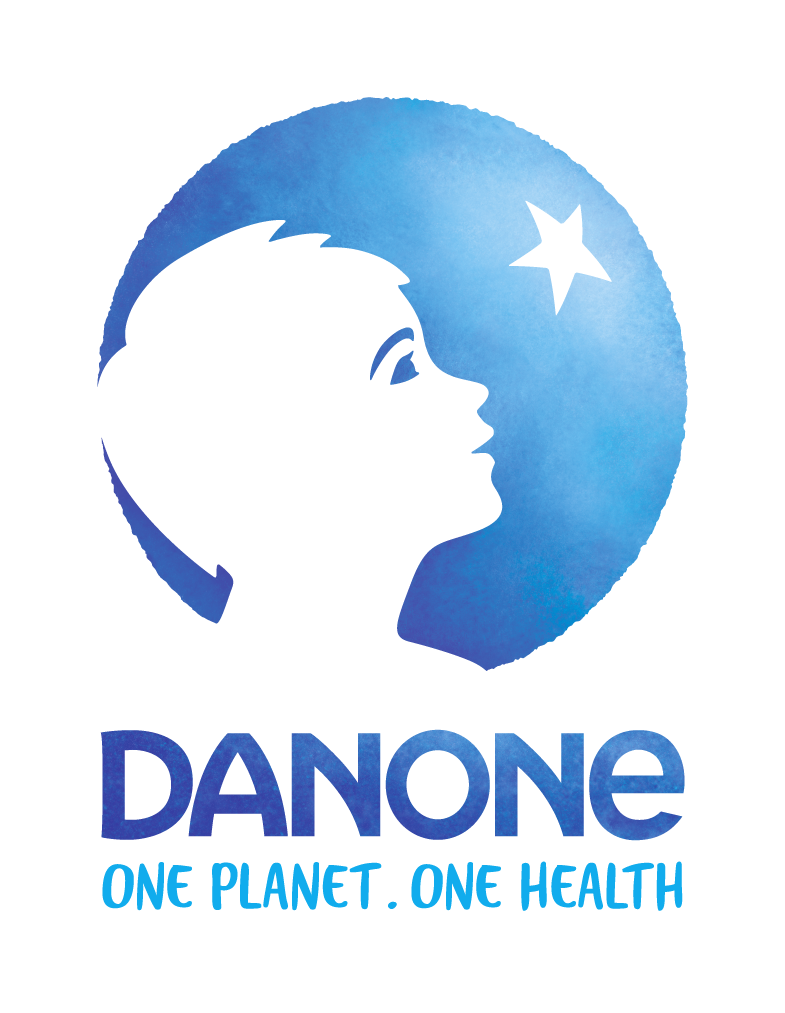

Danone GmbH

Bavaria, Germany
April 2022
Food products
Manufacturing
Austria,
Germany,
Switzerland
Danone DACH (Germany, Austria, Switzerland) aims to inspire healthier and more sustainable eating habits and is committed to operating in a sustainable and responsible manner. At the heart of this endeavor is Danone’s signature 'ONE PLANET. ONE HEALTH', recognizing the interconnection of the health of the people and the planet. Danone Dairy is producing brands like Activia and Dany in their plant in Ochsenfurt, Germany and sources milk mainly from regional dairy farmers to keep the delivery routes as short as possible and to support regional agriculture. In line with its mission to deliberately promote eating habits and nutritional change that are good for people's health, Danone Dairy DACH was the first company to commit to putting Nutri-Score on all of its products in 2019. Another important pillar of Danone Dairy's mission is its dedication to fighting food waste. The company committed to reducing food waste by 50 percent along the entire value chain by 2025 compared to 2016 and is educating consumers on the meaning of the Best-Before-Date, for example by cooperating with the initiative ‘Too Good To Go’. Danone Dairy started its own clearance sale shop and was even given the anti-food waste award by the German Federal Government.
Overall B Impact Score
Governance 18.0
Governance evaluates a company's overall mission, engagement around its social/environmental impact, ethics, and transparency. This section also evaluates the ability of a company to protect their mission and formally consider stakeholders in decision making through their corporate structure (e.g. benefit corporation) or corporate governing documents.
What is this? A company with an Impact Business Model is intentionally designed to create a specific positive outcome for one of its stakeholders - such as workers, community, environment, or customers.
Workers 28.5
Workers evaluates a company’s contributions to its employees’ financial security, health & safety, wellness, career development, and engagement & satisfaction. In addition, this section recognizes business models designed to benefit workers, such as companies that are at least 40% owned by non-executive employees and those that have workforce development programs to support individuals with barriers to employment.
Community 16.0
Community evaluates a company’s engagement with and impact on the communities in which it operates, hires from, and sources from. Topics include diversity, equity & inclusion, economic impact, civic engagement, charitable giving, and supply chain management. In addition, this section recognizes business models that are designed to address specific community-oriented problems, such as poverty alleviation through fair trade sourcing or distribution via microenterprises, producer cooperative models, locally focused economic development, and formal charitable giving commitments.
Environment 21.1
Environment evaluates a company’s overall environmental management practices as well as its impact on the air, climate, water, land, and biodiversity. This includes the direct impact of a company’s operations and, when applicable its supply chain and distribution channels. This section also recognizes companies with environmentally innovative production processes and those that sell products or services that have a positive environmental impact. Some examples might include products and services that create renewable energy, reduce consumption or waste, conserve land or wildlife, provide less toxic alternatives to the market, or educate people about environmental problems.
What is this? A company with an Impact Business Model is intentionally designed to create a specific positive outcome for one of its stakeholders - such as workers, community, environment, or customers.
Customers 4.5
Customers evaluates a company’s stewardship of its customers through the quality of its products and services, ethical marketing, data privacy and security, and feedback channels. In addition, this section recognizes products or services that are designed to address a particular social problem for or through its customers, such as health or educational products, arts & media products, serving underserved customers/clients, and services that improve the social impact of other businesses or organizations.